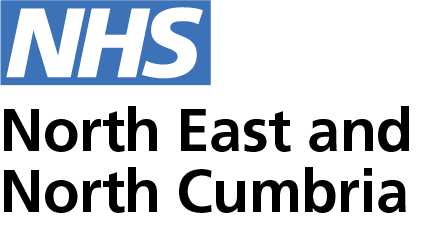Is this a new dental practice for Darlington?
No, this is not a new traditional dental practice. Recognising the challenges people face accessing NHS dentists, it is a temporary, urgent dental access centre that is being put in place while the NHS completes a full procurement exercise to establish new, permanent general dental provision in the Eastbourne ward of Darlington from January 2025. The aim is to have the temporary centre open in June 2024.
I used to be a patient at Firthmoor, how can I get an appointment?
The urgent dental access centre that is scheduled to be available in June in Firthmoor is for urgent appointments accessed via controlled referral routes including but not limited to NHS 111. The urgent centre will not be open for general, day to day routine appointments or walk in appointments.
Patients with an urgent need who aren't already receiving treatment at a dental practice should call NHS 111 for urgent support and they will be signposted to the service that is most appropriate to their needs, which might be the urgent access centre in Darlington when it opens in June.
Can I make an appointment direct to see the dentist?
Patients can't make an appointment directly with the urgent access centre. NHS 111 will be able to make appointments at the centre, where there is a clinical need.
Does the dentist at Firthmoor have access to my old dental records?
This is a new service delivering urgent dental care and as such they will not have access to previous dental records.
It's two years since I was last seen by a dentist, can I have a check up? How long before I have to wait to get a check up?
If you need to see a dentist for a routine check up, you can contact local dentists directly. For urgent dental appointments, you can telephone any general dental practice. If they are unable to offer an appointment because their NHS urgent access slots have already been taken up, you should visit www.111.nhs.uk or call 111.
How will patients access the urgent dental access centre?
Patients who aren't already accessing ongoing treatment from their dentist and/or can't secure urgent care access via a local dental practice should call NHS 111 for urgent dental support and they will be signposted to the most appropriate service for their needs which could include the Darlington Urgent dental access centre.
Why is the temporary centre being opened?
The urgent dental access centre in Darlington will help provide extra urgent care capacity and access to appointments while the NHS carries out a procurement exercise for a permanent, general dental service for the area.
When will it open?
The urgent dental access centre is scheduled to be operational in June, subject to registration with the Care Quality Commission (CQC). The CQC currently has a significant backlog of registrations to process, and we are hopeful that the process will be concluded as quickly as possible.
You've known about issues with NHS dentistry for some time now, why is it taking so long to put things in place?
Since the pandemic, dental services have faced massive challenges in meeting the increasing and more complex needs of our patients.
The ICB took on responsibility from NHS England for the commissioning on dental services in April 2023.
In July 2023, the ICB committed £3 million as part of its Primary Care Dental Access Recovery Plan. This has included investment in dental practices to provide extra clinical treatment sessions and recruiting staff to support dental triage through the NHS 111 phone service.
The ICB has continued to work hard to address issues with dentistry throughout the 2023/24 financial year and beyond. Our Phase One plan to increase capacity includes incentives for practices that can demonstrate how they will improve access for patients and address health inequalities. Further investment of £3.6m has been made available for 2024-25 to continue with these measures.
An additional investment of £1.3m will see the introduction of temporary urgent dental access centres in Darlington and North Cumbria.
What is happening with the 11 other contracts?
The ICB has started a procurement process to put in place 11 new contracts that will provide between 198,322 and 244,000 Units of dental activity (UDAs) across County Durham, Darlington, North Cumbria, Northumberland and Sunderland from January 2025, subject to a successful procurement outcome.
